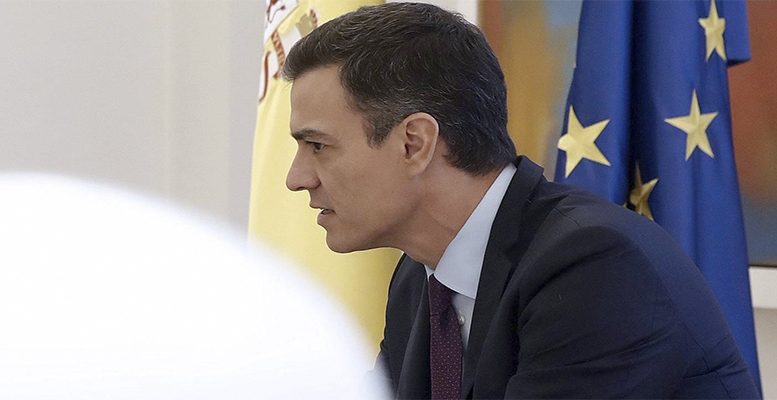The Spanish government has extended until December 31st the obligation for any foreign investor, even from the European Union, to request express permission to buy more than 10% of a strategic company listed on the stock exchange. Or, in any event, if the investment is more than 500 million euros.
In March 2020, in the midst of the confinement to curb the pandemic, the Spanish government approved a shield to protect Spanish companies from non-EU investors, taking advantage of their plummeting stock market value. Months later, on November 17, the shielding of Spanish companies was extended to protect them from possible bids from the EU and the Free Trade Association.
At the time, analysts were speculating that Deutsche Telekom might make a bid for Telefónica at a historically low price, at levels not seen since 2002. There were tense moments at Telefónica as it became clear its share price was an invitation to be taken over. And that, for example, in both France and Germany, the state has a significant presence in the capital of France Telecom and Deutsche Telekom. Two months later, Telefónica supported the change in the presidency of Grupo Prisa – owner of the newspaper El País, the newspaper of reference for the Spanish socialists – to appoint a new leadership closer to Prime Minister Pedro Sánchez. Since then, the editorial alignment with the government’s theses has been constant and unwavering.
As a result of this anti-takeover shield, the partial takeover bid by the Australian fund IMF for 22% of Naturgy’s capital is still pending authorisation. The Government has six months -which ends on August 6- to decide on the matter.
Over the past months, and under the protection of this regulation, the government has approved around twenty takeover operations, the last three just last week. They included the purchase of Euskaltel – for almost 1,995 million euros – by MasMóvil, a company owned by US and Luxembourg funds.





